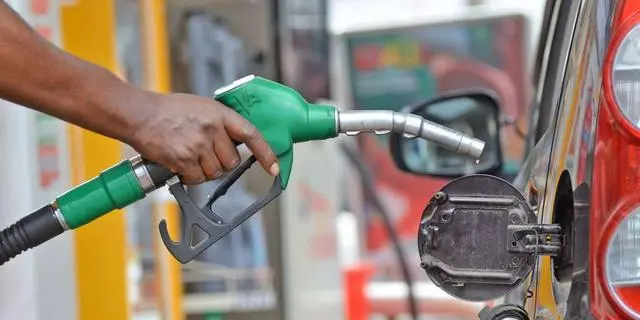The Nigeria Customs Service (NCS) has attributed the rising incidence of fuel smuggling in Borno State to widespread insecurity in the region. This revelation highlights the challenges of maintaining border integrity and combating illicit trade in an area plagued by insurgency and weak security infrastructure.
Speaking at a press briefing, the Comptroller of Customs in the Maiduguri Command, Usman Bello, explained that fuel smuggling activities have become rampant due to the unstable security situation, which creates opportunities for smugglers to operate with minimal resistance.
“The ongoing insecurity in Borno State has significantly hampered our ability to effectively monitor and control the borders. Smugglers are exploiting this weakness to funnel petroleum products out of the country, undermining the economy and depriving citizens of essential commodities,” Bello said.

Borno State, which shares international borders with Chad, Niger, and Cameroon, has long been a hotspot for illegal cross-border activities. The ongoing insurgency by Boko Haram and other armed groups has further complicated the task of policing the region, making it difficult for Customs officials to enforce anti-smuggling laws.
According to the NCS, the smuggled fuel is often transported through remote and poorly monitored routes, bypassing official checkpoints. These operations are believed to be driven by the significant price disparities between Nigeria and its neighboring countries, where fuel is sold at much higher rates.
The economic consequences of fuel smuggling are substantial. Nigeria’s government loses billions of naira annually in revenue due to the illegal trade, while local fuel shortages often result in price hikes that burden ordinary citizens. The diversion of subsidized fuel meant for domestic consumption also exacerbates the country’s fiscal challenges, particularly in the face of limited foreign exchange earnings.
To address the issue, Customs has called for enhanced inter-agency collaboration and increased deployment of security personnel to border areas. Comptroller Bello stressed the need for advanced surveillance technology, including drones and satellite monitoring, to track smuggling routes and intercept illegal consignments.
Furthermore, the NCS urged the government to invest in infrastructure development in border communities, as poverty and lack of economic opportunities often push residents to participate in smuggling activities. Strengthening these communities could serve as a deterrent to illicit trade.
Experts in border management have also highlighted the importance of regional cooperation in combating fuel smuggling. By engaging with neighboring countries to harmonize fuel pricing and enhance joint border patrols, Nigeria could reduce the incentives for smuggling.
As part of its ongoing efforts, the Maiduguri Customs Command has reportedly intensified its surveillance and enforcement activities, seizing significant quantities of smuggled fuel in recent months. However, the agency acknowledges that these measures alone will not suffice without addressing the underlying security and economic challenges.
The fight against fuel smuggling in Borno is emblematic of the broader struggle to secure Nigeria’s borders and protect its economic resources. Tackling this issue will require a multifaceted approach that combines security, policy reform, and community engagement to create a sustainable solution.
Support InfoStride News' Credible Journalism: Only credible journalism can guarantee a fair, accountable and transparent society, including democracy and government. It involves a lot of efforts and money. We need your support. Click here to Donate
